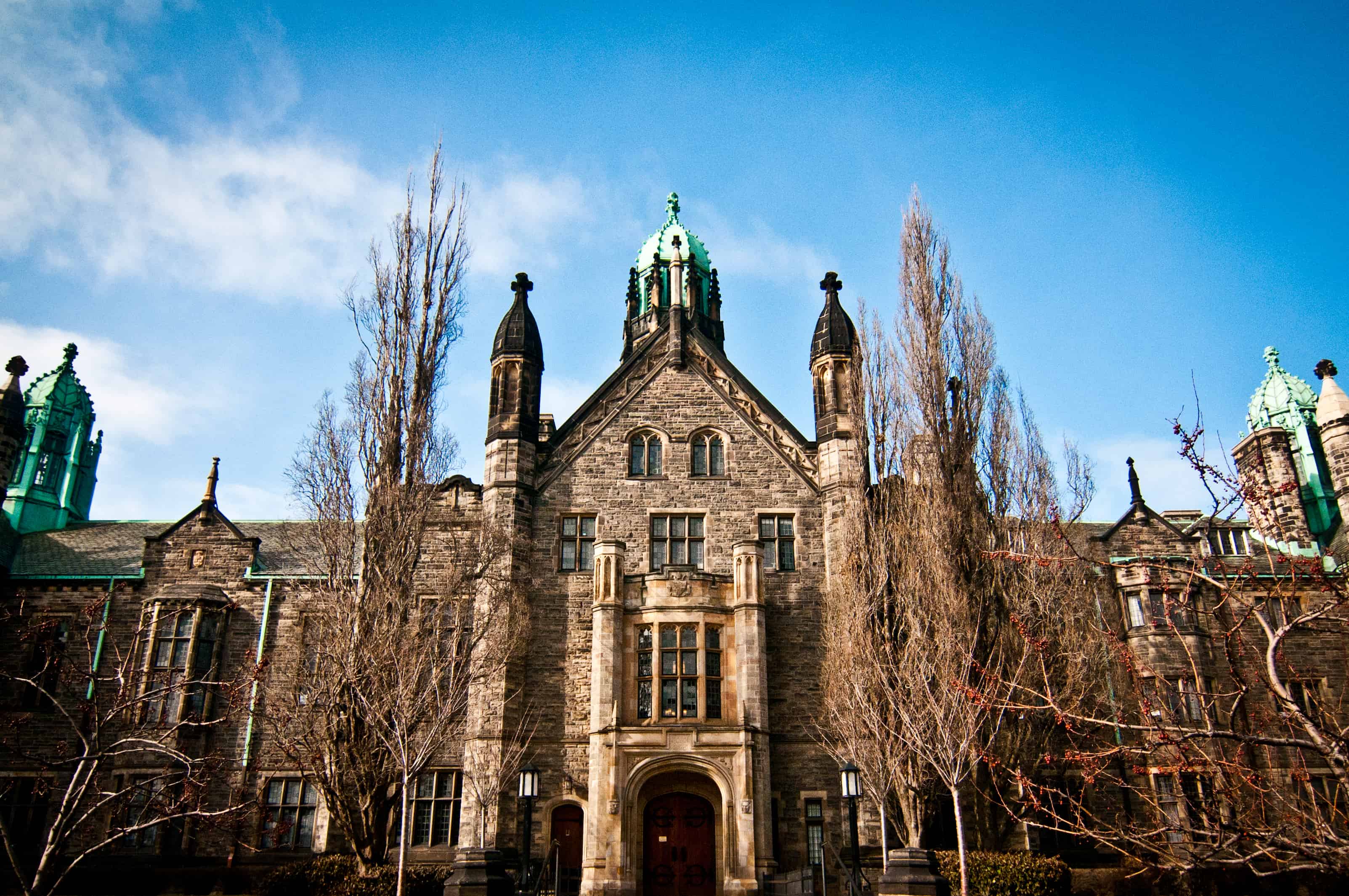Trinity College has revised its long-standing electoral policy of no campaigning and now permits the use of limited campaigning strategies in future student elections.
The amendment comes after a Trinity College meeting held on February 2 that discussed the merits of maintaining Trinity’s traditional election rules — the last major amendment happened in March 1993 — over modernizing its campaigning policies to align it with the university’s other constituent and federated colleges.
Under the new by-laws adopted February 16, verbal campaigning and free social media and email use, which were previously prohibited, are now permitted over a 14-day campaign period until election time.
Candidates, however, are still banned from distributing campaign posters or literature, spending any money on resources “not publicly available to all candidates,” and receiving monetary benefits from any third parties during the course of the campaign.
Evan Hutchison, a fifth-year Trinity student, is against the changes.
“Elected office is not a reward and not a prize in a popularity contest. Tradition is our identity,” he said during the meeting.
Hutchison said that without campaigning, candidates were obliged to run on their own merits and experience, but it now opens up the possibility of qualifications being “exaggerated or distorted.”
“It was my concern that rather than using a campaign to communicate effectively about issues, it would cause the campaign to be a popularity contest where the only criteria for selecting a candidate was their ability to mobilize their friends,” he explained in an interview with The Varsity.
Samuel Greene, who lost last year and is running for student head again this year, proposed the new rule changes according to last year’s DRO Jonathan Scott.
“The rules that prohibited campaigning were unjust because they limited our free speech … If the best turnout for an election is 10 per cent, there is something wrong with that,” said Greene during the February 2 meeting.
He could not be reached for comment.
Last year, four allegations of misconduct were raised against the current student head, James Park, claiming that he solicited votes on election day, eventually winning by 30 votes over his main opponent.
Under previous rules, canvassing votes and using non-verbal media and “any other action deemed in contravention of electoral rules by the Chief Returning Officer (CRO) and Deputy Returning Officer (DRO)” were prohibited.
Park said that because the allegations against him were raised anonymously and could not be adjudicated properly, the situation “devolved into a game of ‘he said, she said.’”
Scott agreed, saying that it became hard to enforce the rules because evidence against the student was raised anonymously to the CRO.
According to Park, both the CRO and DRO resigned after the election because the allegations could not be proven against him and the CRO’s decision that Park infringed campaigning rules was overturned.
Park said that because CROs and DROs were the only ones allowed to advertise the campaign, a candidate who privately or publically announced even the date of the campaign would have broken the rules.
The rule changes, according to him, will lead to more equity in future elections.
“I think this will lead to a leveling of the playing field, as now candidates who are lesser known will have the opportunity to get more exposure,” he said.
Scott said that with Trinity’s close-knit community, talk of the next appointed student heads would usually begin in December. He said that, with the changes, he does not envision major differences in how Trinity’s traditional methods of campaigning would continue.
“What will happen now is people will be able to rally their vote on election day, which they couldn’t have done before, so that’s probably a fair compromise,” he said.


